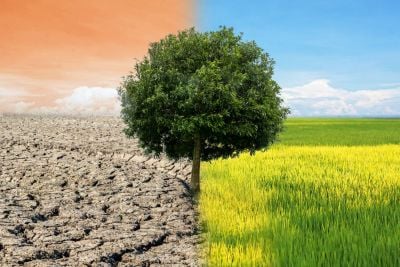
MOOC 1 – Science and Engineering of Climate Change
Course description
Global warming is one of the most significant challenges of the century and tackling it in the most effective way requires a good understanding of its physical, social and financial aspects. The Science and Engineering of Climate Change course offers an introduction to the science of climate change and to the existing technologies to mitigate its effects.
- Are we sure that the climate is changing? How confident are we that climate change is anthropogenic?
- Are we heading for a climate catastrophe? Why are greenhouse gases associated with global warming?
- What options do we have to cope with these facts? Which of the many proposals are realistic, and which are just wishful thinking?
By the end of this course, learners will have the necessary conceptual tools to provide their own answers to these questions.
This MOOC is divided into four modules. With the first two, learners will understand how scientists measure climate and its evolution, how climate models work and how greenhouse gases within the atmosphere play a central role in determining the climate. The last two modules introduce the main technologies that can be used to reduce carbon emissions and carbon concentration in the atmosphere, and, in the light of the facts explained in the first part of the course, explain how these technologies can be best combined.
The MOOC is for those who want to understand not only the basics of climate-change science, but also what we can really and effectively do to curb the present trend in the planet’s temperatures.
No previous knowledge is required.
Faculty

Riccardo Rebonato
Professor of Finance, EDHEC Business School
Scientific Director, EDHEC-Risk Climate Impact Institute
PhD in Science of Materials, Stony Brooks University, NY, USA
Doctorate in Nuclear Engineering, Milan University, Italy
Learning objectives
- Understanding the evidence for climate change, and of its anthropogenic origin
- Understanding the basics of the carbon cycle, climate modelling, and the role of CO2 concentrations
- Critical appreciation of advantages and limitations of renewables, sequestration, and negative emission technologies


